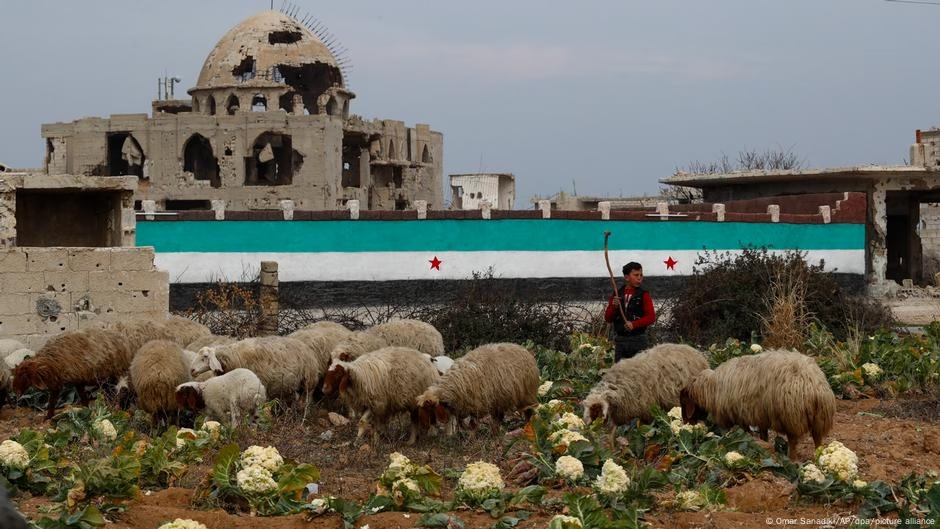Following the collapse of the regime of Syrian President Bashar al-Assad in December 2024, the EU has emphasized the need for an “inclusive transition” in Syria, strongly advocating for the protection of the rights of minorities and women. Before the annual Syria Conference in Brussels, Kaja Kallas, the EU’s high representative for foreign affairs and security policy, stated that supporting such a transition is a “moment of immense responsibility” for the EU, with the union willing to commit fully to aiding Syria in rebuilding according to the aspirations of its people.
Ms. Kallas highlighted the pressing challenges faced by Syria, as demonstrated by recent violent conflicts, especially in the coastal region of Latakia. The recent violence, characterized as the deadliest since Assad’s departure, involves confrontations between supporters of the transitional government and the former regime, with reports of massacres targeting the Alawite minority, the ethnoreligious group to which Assad belongs. The EU and its member states have strongly condemned these atrocities, with the transitional government establishing a committee to investigate and hold accountable those responsible, a move welcomed by the EU.
This year’s Syria Conference marks the first time Syria will be formally represented. Syrian Foreign Minister Asaad Shaibani is expected to attend, reflecting the transitional government’s newfound international engagement, despite the EU’s past reluctance to cooperate due to the government’s historical ties to terrorist networks. Consequently, the conference represents a significant step towards the international legitimization of the new government.
The conference will cover political discussions on the transition process, including an address by European Commission President Ursula von der Leyen, followed by concrete announcements of financial pledges. The European Union aims not only to stabilize Syria but also to facilitate reconstruction efforts, offering financial support aimed at reestablishing basic services and fostering economic self-sufficiency. Despite the easing of some sanctions by the EU in crucial sectors, complexities remain that could influence the conference’s outcomes, particularly in terms of financial transactions directly benefiting Syria.
Analysts suggest that the conference will serve as a critical moment in determining Syria’s post-war trajectory, with the potential to significantly impact the country’s future, depending on the forthcoming commitments and the effectiveness of Western sanctions. Despite these challenges, the increased international engagement and financial support signify a shift towards a more sustained focus on Syria’s restoration and stability.
Source: https://www.dw.com/en/what-can-be-expected-of-eu-s-syria-conference/a-71932564?maca=en-rss-en-all-1573-rdf







